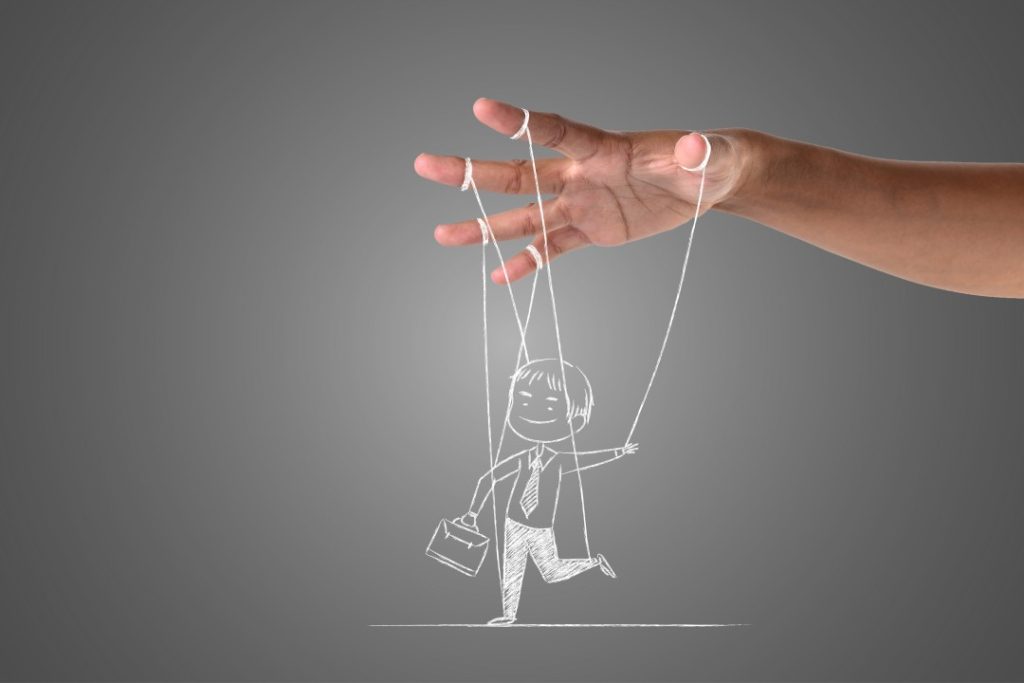“Yes, pressure dey everywhere,” as Nigerians often say to themselves. Indeed, social pressure is everywhere—physically and online. From Instagram posts to WhatsApp statuses, from casual conversations to old classmates suddenly looking stunning, it’s easy to feel overwhelmed and inadequate. Many have found themselves brooding over these comparisons, but understanding social pressure can help us regain control. Let’s delve into what it is, how to identify it, and ways to overcome it.
Social pressure refers to the influence that people around us—friends, family, peers, or even strangers—have on our thoughts, behaviors, and decisions. It arises from the expectation to conform to certain norms, standards, or lifestyles to fit in or be accepted.
Research shows that social pressure can be both positive and negative. According to a study published in the Journal of Social Psychology, moderate social pressure can motivate individuals to achieve their goals, such as improving performance in academics or the workplace. However, excessive pressure can lead to stress, anxiety, and even depression, as individuals strive to meet unrealistic standards set by society or themselves.
Signs You’re Experiencing Social Pressure
- Constant Comparisons: You often compare yourself to others, especially on social media, feeling envious of their lifestyles, achievements, or appearances.
- Low Self-Esteem: You start doubting your worth because you don’t meet perceived societal expectations.
- Fear of Missing Out (FOMO): You feel compelled to participate in trends or activities, even if they don’t align with your interests.
- Emotional Burnout: You’re constantly stressed, trying to keep up with others or meet expectations.
- Overcommitment: You take on tasks or expenses to impress others, even when they strain your resources.
The Effects of Social Pressure
Many people lose themselves under the weight of social pressure. They abandon their true desires and values, trying to fit into molds created by others. For instance:
Some individuals engage in unhealthy behaviors, such as excessive spending, to appear wealthy.
Others take drastic measures, like undergoing unnecessary cosmetic procedures, to meet beauty standards.
There are also cases of people taking harmful substances to cope with feelings of inadequacy.
How to Overcome Social Pressure
- Recognize the Problem: The first step is acknowledging that you’re experiencing social pressure. Self-awareness helps you identify triggers and patterns.
- Limit Social Media Exposure: Reduce time spent on platforms that make you feel inadequate. Remember, most posts are curated highlights, not reality.
- Focus on Personal Growth: Set goals based on your values, not society’s expectations. Celebrate small victories and progress.
- Surround Yourself with Supportive People: Stay close to those who value and encourage you for who you truly are.
- Practice Gratitude: Focus on what you have rather than what you lack. Gratitude can shift your perspective and boost your mental health.
- Seek Professional Help: If social pressure becomes overwhelming, consider talking to a therapist or counselor.
The Way Forward
Social pressure, both online and offline, is an inevitable part of life. However, it doesn’t have to control you. By understanding its dynamics and learning to manage its effects, you can live authentically and confidently.
Let’s remember: everyone’s journey is different. Comparing yourself to others only robs you of the joy of your unique path. Embrace who you are, prioritize your growth, and resist the urge to succumb to societal expectations. Life is not a competition; it’s a personal journey to fulfillment.

